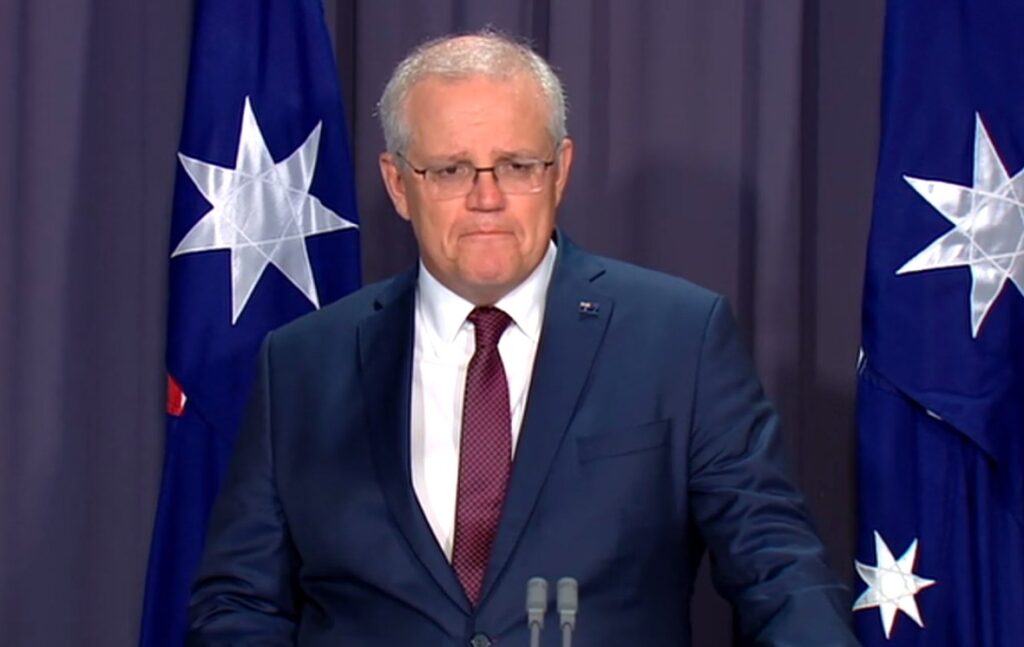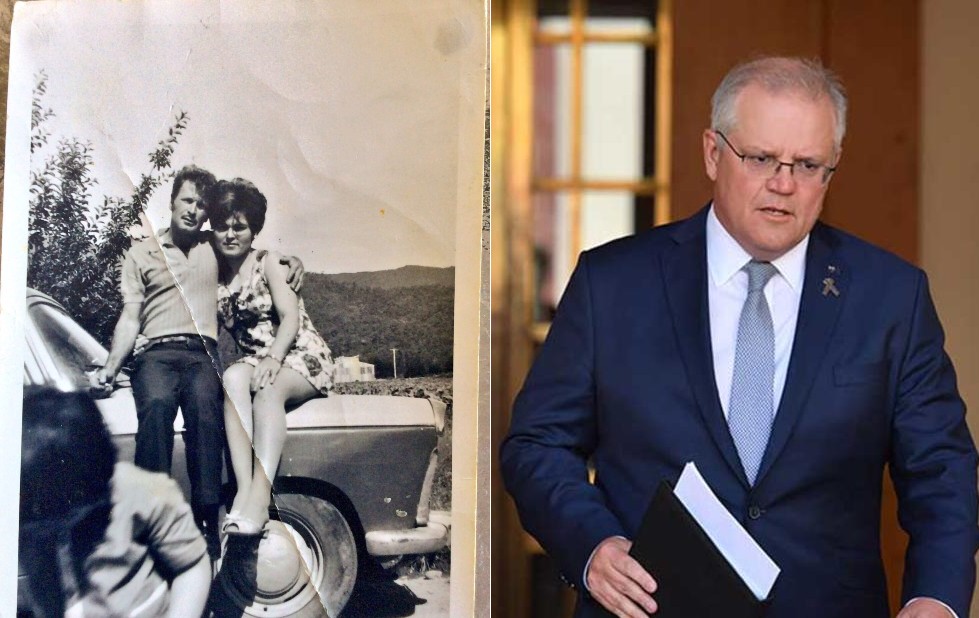The Government introduced a wave of support in the 2020 budget announcement for incoming migrants looking to call Australia home.
Speaking to multicultural media, Prime Minister Scott Morrison said this budget is “for multicultural Australia”.
“Our multicultural communities and citizens are more likely to start a business, more likely to own a business, more likely to employ other Australians, and we’re seeing that across so many different communities,” Scott Morrison said.
READ MORE: Scott Morrison: ‘This is a budget for multicultural Australia’
However, one such implementation to the migration process is the additional importance placed on the new Adult Migrant English Program (AMEP). Foreigners looking to apply for Partner Visa’s will now be required to complete 500 hours of English classes before they are allowed to stay in Australia permanently.
Acting Immigration Minister Alan Tudge revealed new details of the English language requirements, also pointing to a previously announced overhaul of the AMEP, giving migrants access to unlimited English classes free of charge.
Community debate was sparked on social media over the newly introduced requirement, with Greeks raising the question: “Since when does speaking English determine your worth?”
“My migrant parents didn’t speak a word of English when they came from Greece,” ASRC Founder and CEO Kon Karapanagiotidis said on Twitter.
“Raised 2 human rights lawyers with 8 degrees & an Order of Australia. Under this government they never would have been allowed in.”
Many others were quick to voice their concerns, with people saying the new English requirements are restrictive on all cultures that have come to Australia, recognising the country as a multicultural hub.

“My best friend at school’s family came from Greece. The only words in English he spoke during his speech at her 21st were ‘Eat, drink, good time.’ Caring can be communicated in many ways other than language and they were some of the best people I’ve ever known,” one user wrote on Twitter.
“How many of us would not be here? My grandparents came from Finland in 1920’s ( no English). My husband, his brothers & his parents ( No English) came here from Cyprus in the 80’s,” another user wrote.

The Australian Prime Minister claims that learning English is “vital tool” for social and economic inclusion.
“If you’re unable to engage in the first language of that country, which in Australia is English, then you will have opportunities limited in this country. Not by the government and not by anyone else, but by language challenges,” the Prime Minister says.
The Prime Minister added that he still encourages other languages to be spoken, contributing to Australia’s diverse community, yet learning English is a “necessity”.
